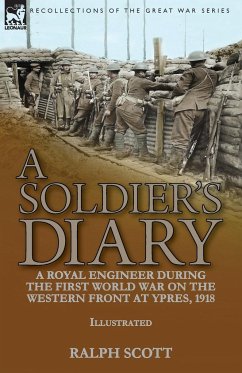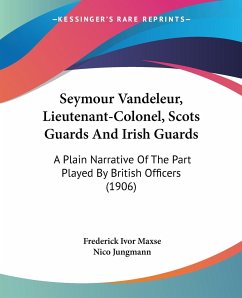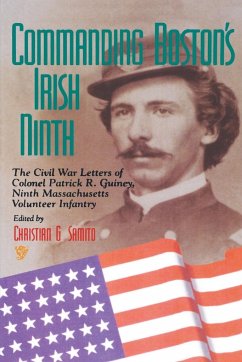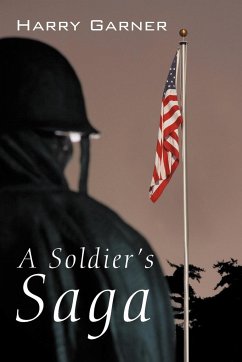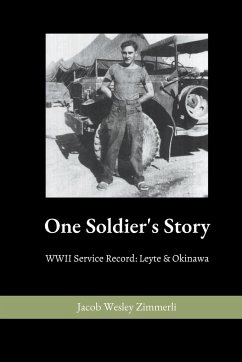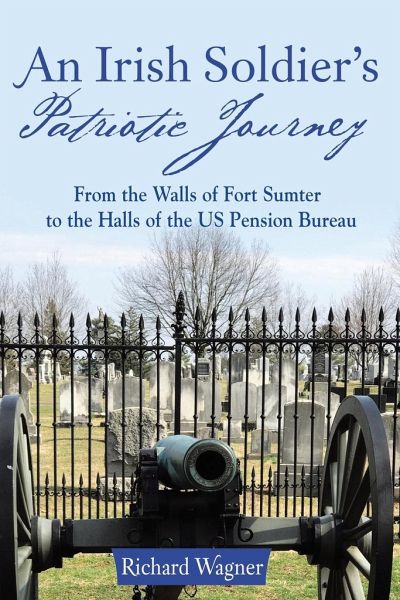
An Irish Soldier's Patriotic Journey
From the Walls of Fort Sumter to the Halls of the US Pension Bureau

PAYBACK Punkte
10 °P sammeln!
John Doran wrote to the United States Bureau of Pensions toward the end of his life with a pleading message: "I have been compelled to cease all work, and I am unable to support myself and family on the small pension allowed me. I am a broken-down old man and pray for an increase." It was a sad end for an Irishman who had come to America in 1857 looking for a better life—someone who learned the trade of iron molding before enlisting in the First Regiment of United States Artillery. Doran participated in most Civil War encounters from Fort Sumter to Appomattox, earning promotions from private...
John Doran wrote to the United States Bureau of Pensions toward the end of his life with a pleading message: "I have been compelled to cease all work, and I am unable to support myself and family on the small pension allowed me. I am a broken-down old man and pray for an increase." It was a sad end for an Irishman who had come to America in 1857 looking for a better life—someone who learned the trade of iron molding before enlisting in the First Regiment of United States Artillery. Doran participated in most Civil War encounters from Fort Sumter to Appomattox, earning promotions from private to sergeant while serving in the "fighting first" until 1874. During the war, he suffered starvation, sleep deprivation, extreme fatigue, an eye injury impairing his vision, a foot injury causing a debilitating limp, an ear injury, and numerous other infirmities in the line of duty. Somehow, he survived to return to his family and iron molding in Meriden, Connecticut, in 1874. But injuries haunted him, and he was forced to give up manual labor and fight for the next twenty-one years for a small stipend for his military service.



